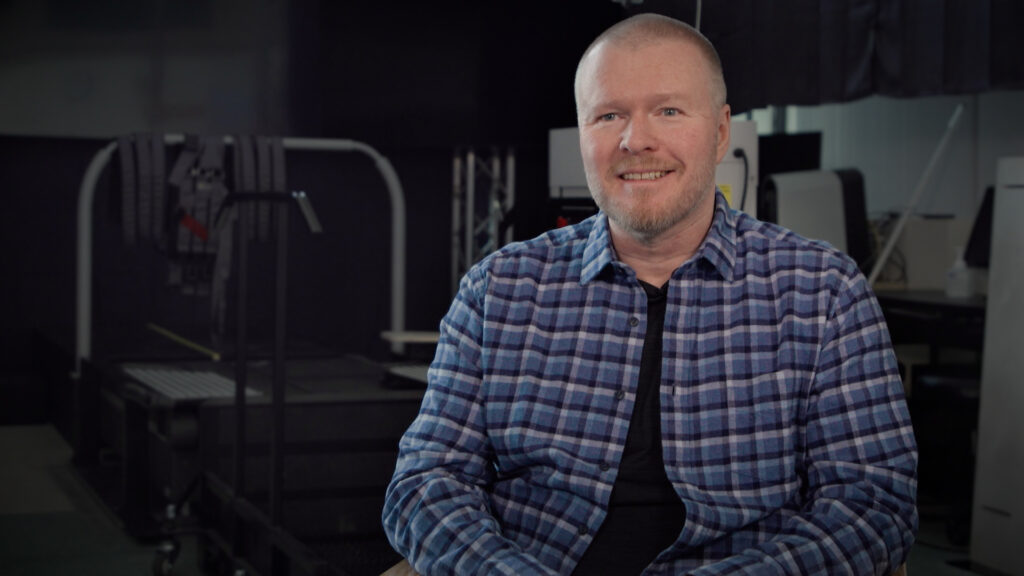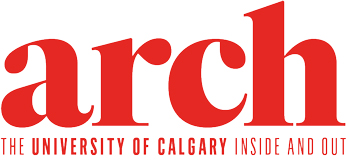Written by Jacquie Moore BA’97
While there is absolutely no good time or place to experience a stroke, you may have heard it said that if it’s going to happen to you, Calgary is the place to be. Certainly, the city is a globally renowned mothership of cutting-edge stroke research and treatment. Thanks to the Calgary Stroke Program’s expertise in developing and overseeing international clinical trials, however, gold-standard post-stroke care is increasingly available around the world. A new study could further reduce rates of post-stroke disability and death in the global population.
In 2015, a team of Cumming School of Medicine researchers and Alberta Health Services clinicians including Dr. Michael Hill, MSc’03, MD; Dr. Mayank Goyal, MD, PhD, and Dr. Andrew Demchuk, MD, introduced the world to the greatest advancement in stroke treatment in decades.
During the Calgary-based, philanthropy-supported, multi-centre, two-year ESCAPE trial (Endovascular treatment for Small Core and Anterior circulation Proximal occlusion with Emphasis on minimizing CT to recanalization times) the procedure known as EVT (endovascular thrombectomy) was proven radically successful in reducing the death rate from one of the most common types of strokes. Remarkably, the clinical trial was cut short due to overwhelmingly positive results gathered from the 315 people who experienced stroke at 22 global research sites.
The EVT procedure involves the disruption of large clots in the brain via a thin, X-ray-guided tube inserted in a person’s groin. While EVT undertaken within hours of stroke symptoms can triple someone’s chance of making a full recovery when their stroke is caused by large vessel occlusion, it is as yet unclear if EVT will have the same benefit to those whose stroke has a different cause.
As Hill explains, the ESCAPE MeVo (medium vessel occlusions) trial — the fourth iteration of the ESCAPE series — “will tell us if EVT works for acute ischemic stroke due to medium vessel occlusion as well.” The team, including Hill and led by Goyal, is close to hitting their required mark of 530 enrollees. They expect the trial to complete enrolment later this year, and results by early 2025.
“Finding out what interventions work well for patients is the pinnacle of what we do,” says Hill. “Not everything works, but through these trials we can find out how to positively change the trajectory of someone’s illness.”
Learn More About Stroke







